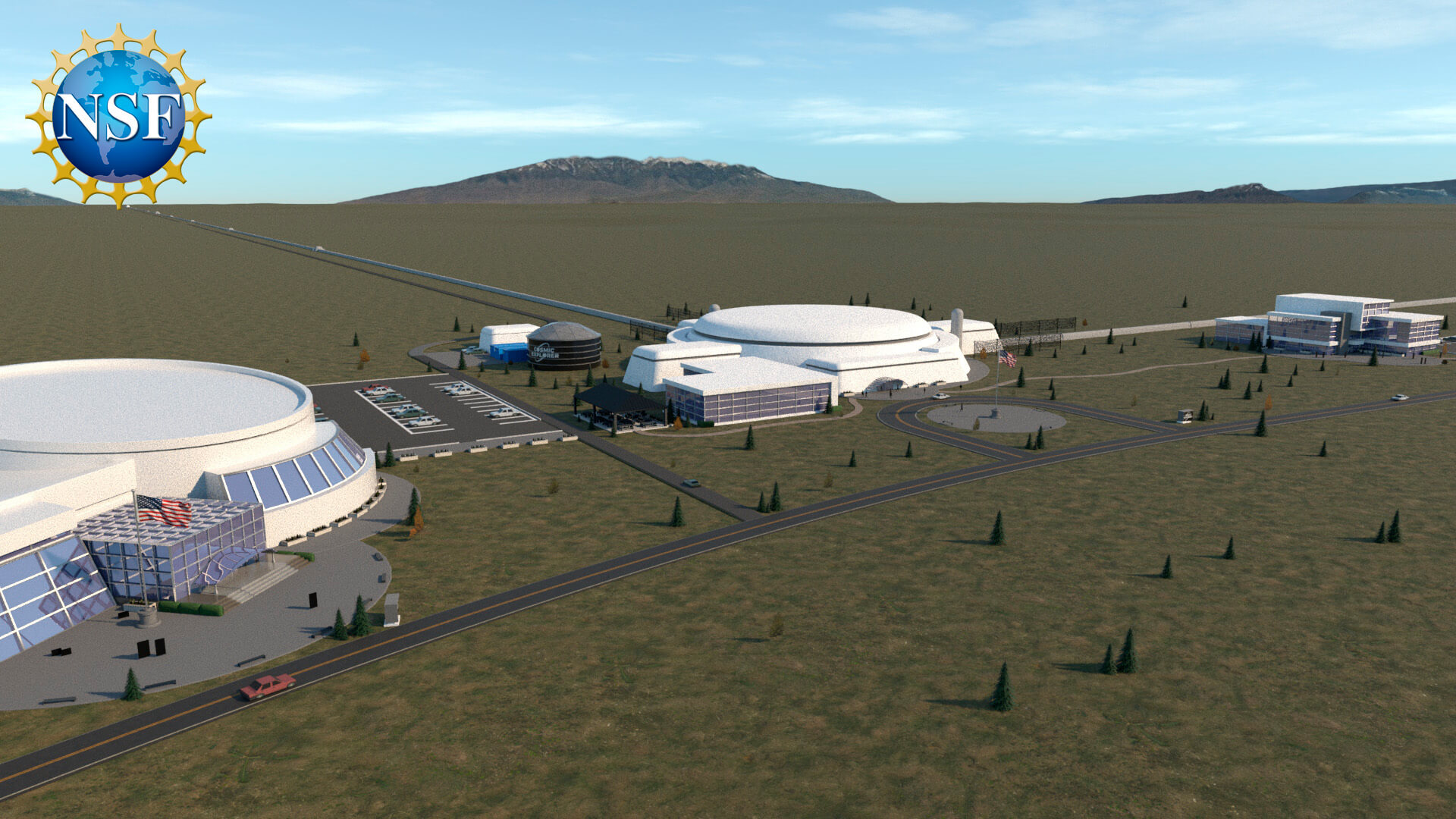COLLOQUIUM 2024
Cosmic Explorer, the Next Generation of
US Gravitational-Wave Observatories
| Speaker | Stefan Ballmer, Syracuse University |
| Date/Time | Friday, 23 Aug, 3PM |
| Location | Conference room: S11-02-07 |
| Host | Asst/Prof Alvin Chua |
| Registration link | https://tinyurl.com/bdhdehcu |
Abstract
This talk will discuss the design options for the next-generation gravitational-wave detectors in the US, Cosmic Explorer. Advanced LIGO so far has observed over one hundred gravitational-wave transients from binary black hole and neutron star collisions. For the first time we can optimize the design of the next-generation detectors with good guidance on observable signals. Intriguingly, Cosmic Explorer will be able to observe binary black hole mergers throughout comic times, all the way back to mergers of remnants of the first stars. It will also observe neutron star mergers with high fidelity, putting constraints on this nuclear state of matter, and it will provide high-signal-to-noise measurements of black hole dynamics.
This talk will focus on the detector technology required for Cosmic Explorer. It will touch on its sensitivity limitations, the prospects for further sensitivity improvements, and will discuss project timeline and challenges. I will highlight the technologies and expertise needed to build and operate those detectors.


Biography
Stefan Ballmer is a Professor of Physics and Director of the Center for Gravitational Wave Astronomy and Astrophysics at Syracuse University. He serves as Instrument Science R&D Coordinator for the Cosmic Explorer project and has been designing, building, and upgrading gravitational-wave detectors for two decades. He received his Ph.D. form the Massachusetts Institute of Technology.
Read more: sballmer.expressions.syr.edu
